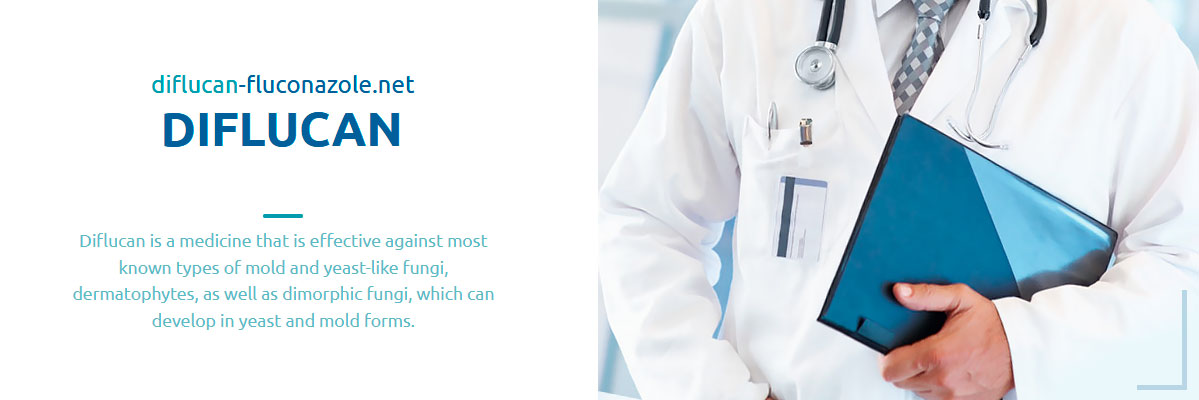Psoriasis is widespread not only in Russia, but also in the world. However, as a rule, not much is known about this disease. Patients with psoriasis are afraid, try to avoid. Despite the large amount of literature and scientific evidence, psoriasis treatment and diet for psoriasis are most often subject to a lot of myths and misconceptions. Let’s try to refute them.
What is psoriasis
Psoriasis is a chronic disease, it is based on the process of inflammation in the skin. In this disease, the upper layer of the skin is affected – the epidermis, the cells of which are scales. A patient with psoriasis is renewing epidermal cells at a much faster rate than a healthy person.
For a long time, and to this day, there are many myths about the cause of this disease. For example, that psoriasis is characteristic of closed persons, poorly adapted to society, or arises from errors in the diet – the use of mostly fatty foods. The cause of psoriasis has not been fully established. It is noted that the disease is hereditary.
Initially, psoriasis usually affects limited areas of the skin on the elbows and knees. Over time, these areas increase in size. Rashes in psoriasis look like raised pinkish bumps with scales on the surface. Skin injuries (abrasions, scratches) contribute to the appearance of new areas. For psoriatic lesions is also typical feeling retracted and severe itching.
Psoriasis treatment diet for psoriasis
Treatment of psoriasis is a laborious process, it is aimed primarily at suppressing inflammation in the epidermis. The selection of therapy is carried out on the basis of the doctor’s determination of the form, stage of the disease, and the characteristics of a particular patient. Unsurprisingly, psoriasis treatment and psoriasis diet are a separate point of confusion. For many years, they tried to treat this disease only with folk methods.
Therapy for psoriasis is local (creams, ointments) and systemic (oral preparations). Locally used ointments such as salicylic 0.5-5%, naphthalan 5-10%, products containing hormones ( locoid , elok ), ointments with vitamins, for example, calcipotriol containing vitamin D. There are also creams, shampoos and aerosols for the affected scalp – skin cap.
Systemic treatment is used for severe forms of the disease. Systemic drugs for the treatment of psoriasis include: cyclosporine, methotrexate, roaccutane .
Ultraviolet radiation – photochemotherapy – is widely used to treat psoriasis.
It should be noted that there are many treatment regimens for psoriasis, selected individually. For the effect to be most lasting, psoriasis treatment and psoriasis diet must be inextricably linked.
The diet is based on the correct ratio of acid and alkali-forming foods, the correct proportions of which should be about 2: 1.
Alkali-forming foods (increasing the alkaline reaction) are primarily fruits and berries. Vegetables, almost everything, alkalize the environment, especially the stems and roots of plants. It is permissible to eat lean combs of meat and game, though not more than 2 times a week. Heat treatment can be any, excluding frying.
Acid-forming foods such as meat, potatoes, beans, peas, cheeses, sugar, butter and margarine, sweets, yeast dough baked goods should be consumed by psoriasis patients with caution. It is strictly forbidden to eat foods with preservatives, flavorings, food colors, smoked meats. Alcoholic drinks are also not recommended.
Do not forget about the common truth that for the successful treatment of psoriasis, any therapy should be discussed with a specialist.
